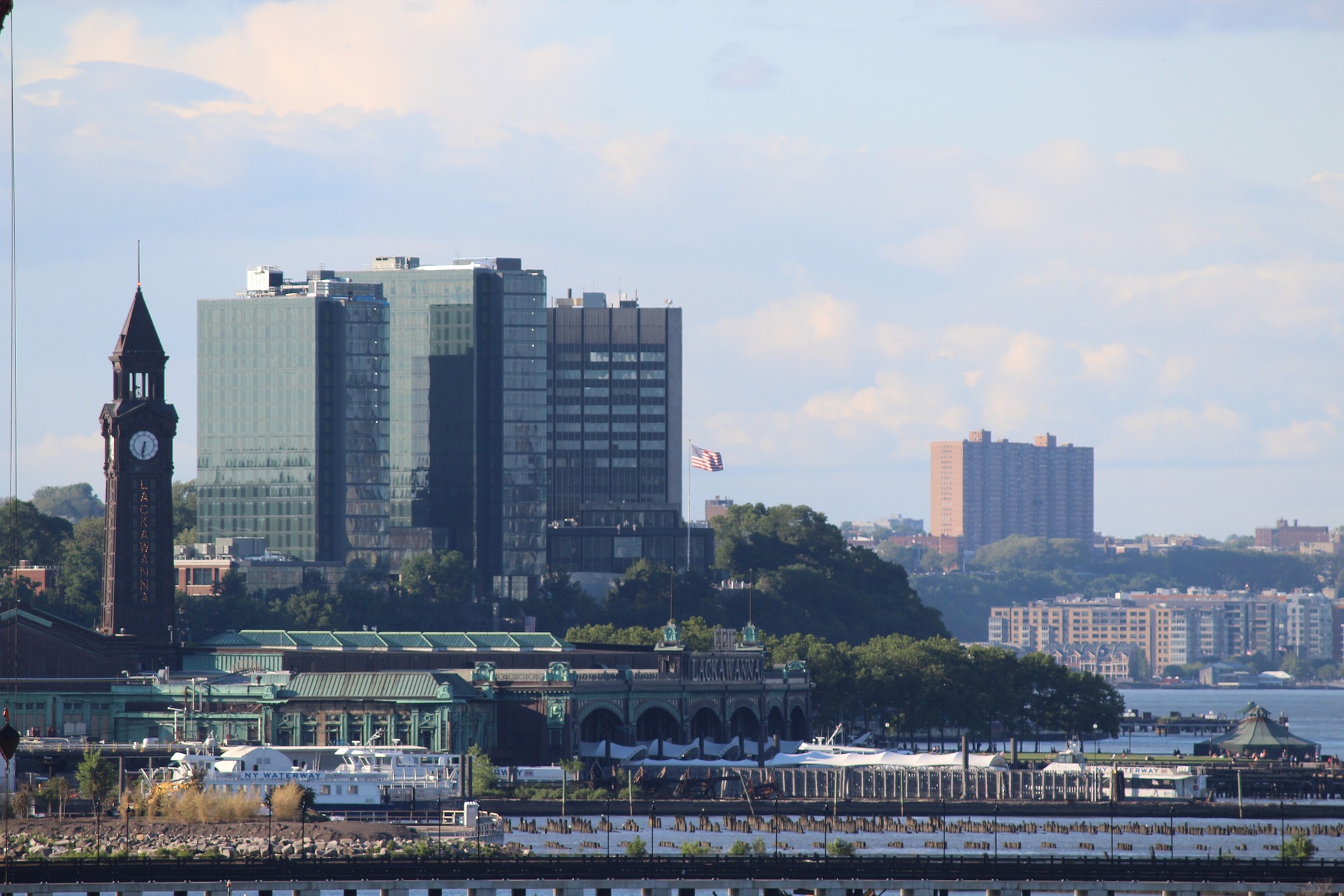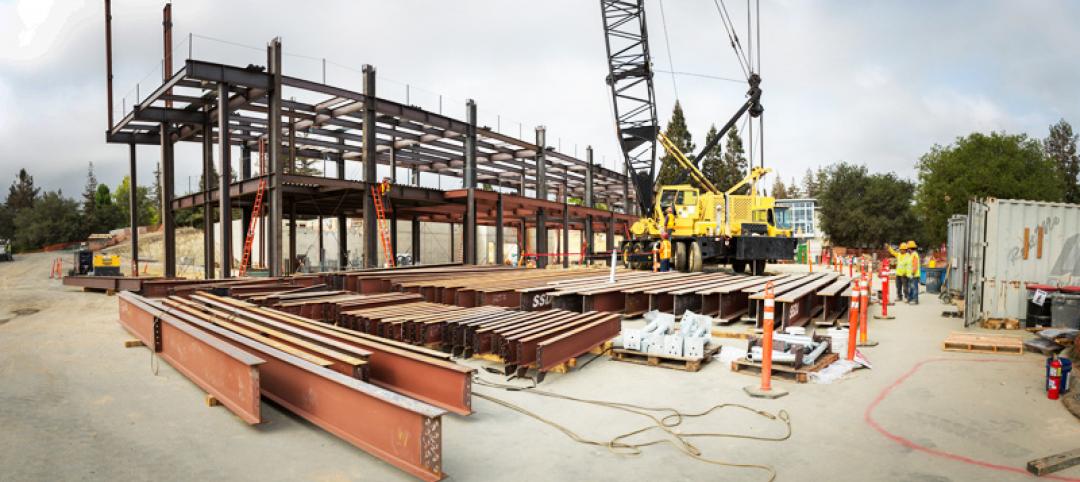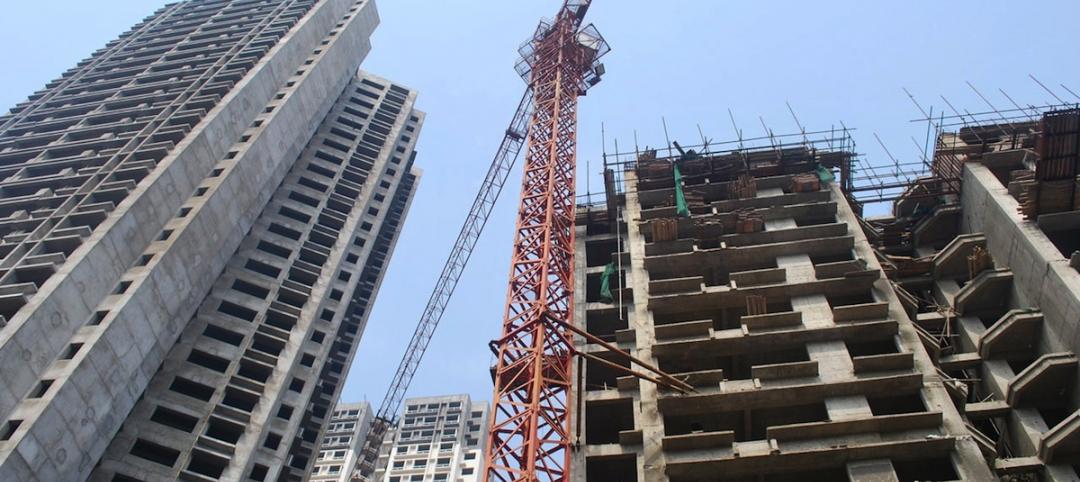Transportation policies enacted in Hoboken, N.J. over the past several years are paying off in the form of fewer pedestrian deaths and injuries.
The city has adopted daylighting, bike lanes, lower speed limits, and intersection redesigns to make its roads safer. The citywide speed limit was reduced to 20 miles per hour. Crosswalks have been painted and repaved to make it easier for drivers to see them. More than 40 curb extensions have been installed to direct cars farther from intersections. Bike lanes now grace about half of Hoboken’s roads.
The mayor says that a bucket of paint enables the city to create a curb extension and high visibility crosswalks to realize a much safer environment at a modest cost. The measures taken by Hoboken have resulted in no traffic death since January 2017, with injuries falling 41%. This safer environment occurred while pedestrian deaths in the U.S. reach 40-year highs.
Daylighting, implementing measures that prevent cars parking at the corner of an intersection, has been a key strategy. This initiative was realized with bump outs—extensions of sidewalks or the creation of small rain gardens in lieu of additional pavement, or the addition of bike racks or bollards.
Related Stories
Codes and Standards | Jun 4, 2015
NIBS, RICS to explore P3 as tool to achieve high-performance buildings
The idea of applying the P3 concept more to buildings, and especially building performance, is a potentially promising new avenue in the U.S., according to the trade groups.
University Buildings | May 30, 2015
Texas senate approves $3 billion in bonds for university construction
For the first time in nearly a decade, Texas universities could soon have some state money for construction.
Multifamily Housing | May 30, 2015
Energy Department releases resources to assess building energy benchmarking policies, programs
The new handbook demonstrates methodologies using real data from New York City.
Codes and Standards | May 27, 2015
Construction industry concerns with ‘Waters of the U.S.’ rule remain
EPA and Corps of Engineers rule may lead to a longer, more expensive permitting process
Codes and Standards | May 22, 2015
Rapid growth for environmental insurance in construction industry
The U.S. Environmental Protection Agency is paying closer attention to intrusion of potentially harmful vapors into commercial and residential buildings.
Codes and Standards | May 22, 2015
Roof collapse at Minnesota water park highlights failure to enforce codes
Rural areas say they can’t afford to enforce state-adopted building code.
Codes and Standards | May 22, 2015
U.S. House scuttles EPA plan to expand definition of waters in Clean Water Act
Construction industry officials said the rule would hamper developers, cost jobs.
Codes and Standards | May 22, 2015
First EPD covering PVC water and wastewater piping published
Benchmarks impacts of seven PVC pipe products across their life cycles.
Office Buildings | May 18, 2015
New ASHRAE standard offers test method to determine heat gain of office equipment
The standard will aid engineers in configuring cooling systems in office buildings.
Codes and Standards | May 7, 2015
Widespread damage from Nepal earthquake due to poor implementation of building code
Nepal’s code author says destruction was ‘inevitable.’














